Steven Berger: Reflections on ‘Voice of Experience’ words of wisdom, year 1
In this first anniversary of the “Voice of Experience” column, it is an appropriate time to revisit the suggestions and insights shared by the eight hospital/health systems healthcare executives who have been long-standing members of HFMA and were featured in hfm magazine.
Significantly, among the five guiding principles each leader shared, three stand out, having been mentioned by four to six of the executives. Such commonalities are telling, because from them we begin to see some of the universals of healthcare finance leadership — reflecting the lessons learned by seasoned executives over many years of guiding their organizations to financial success.
To clarify, those lessons have value whether you are just starting out in the leadership role or are continuing the quest for greater skill and wisdom after a lifetime of leadership in healthcare finance. The “words of wisdom” hold relevance whether you are a CEO, COO, CFO, controller, finance manager, accounting manager, supervisor or staff member, and you can apply them in your everyday practice or perhaps even at home.
The wellspring of wisdom in leadership
As you ponder the ideas advanced by these senior financial executives, you may find it useful to consider the nature of leadership and management, which gets to the very essence of these words of wisdom.
In brief, leadership involves looking to the future: The leader creates the organization’s vision, aligns the constituencies to the vision and empowers management and staff to carry out this vision.
Management, on the other hand, addresses the processes needed to carry out the vision and to succeed in accomplishing something deemed critical or important to the organization’s leaders, despite difficulty or hardship.
Highlights from the ‘voices of experience’
Following are the most consistently mentioned recommendations, or maxims, from the leaders who were profiled in “Voice of Experience” in 2022-23.
Make collaboration between finance and clinical operations your priority (mentioned by six executives). Expanding on this idea, four executives commented as follows:
- Build solid relationships with clinical and operational staff – Laurie Beyer
- Remember that quality drives the bottom line – Stephen “Jan” Grigsby
- Prioritize patient and staff safety, quality and stewardship – Terri Chinn
- Understand and support the needs of your constituents – Dan Heckathorne
Be the teacher (mentioned by five executives). This idea was expressed in the following ways, for example:
- Be the financial resource for executives, staff and others – Laurence Appel
- Support the education effort – Edward Prunchunas
- Just teach! – Wendy Fielding
Understand your business (mentioned by four executives). Two executives said, simply, “Know the business.” Fielding expanded on that idea, saying, “Know the facts and tell the story.”
Recruit, retain and utilize highly skilled staff (mentioned by three executives). Grigsby emphasized the need to support staff with technology, tools and guidelines as an integral part of that effort.
Other pearls of wisdom
These additional statements from the participants also stood out:
- Provide clean, clear and understandable reporting of financial information.
- Listen …. listen …. listen.
- Pursue continual learning for yourself (and your staff). Never stop.
One final important message came through from conversations with each of the leaders: Respect and celebrate culture. Make it your mission — whether as a leader, a manager, a supervisor or a staff member — to continually support a culture that puts the patient/customer first, embraces quality and can speak to all of your constituents, with the ability to explain, in laymen’s terms, whatever they want to know. Do this and you will be providing the best possible service to whomever you encounter. After all, what else should you be doing?
Participants in the ‘Voice of Experience’ interviews
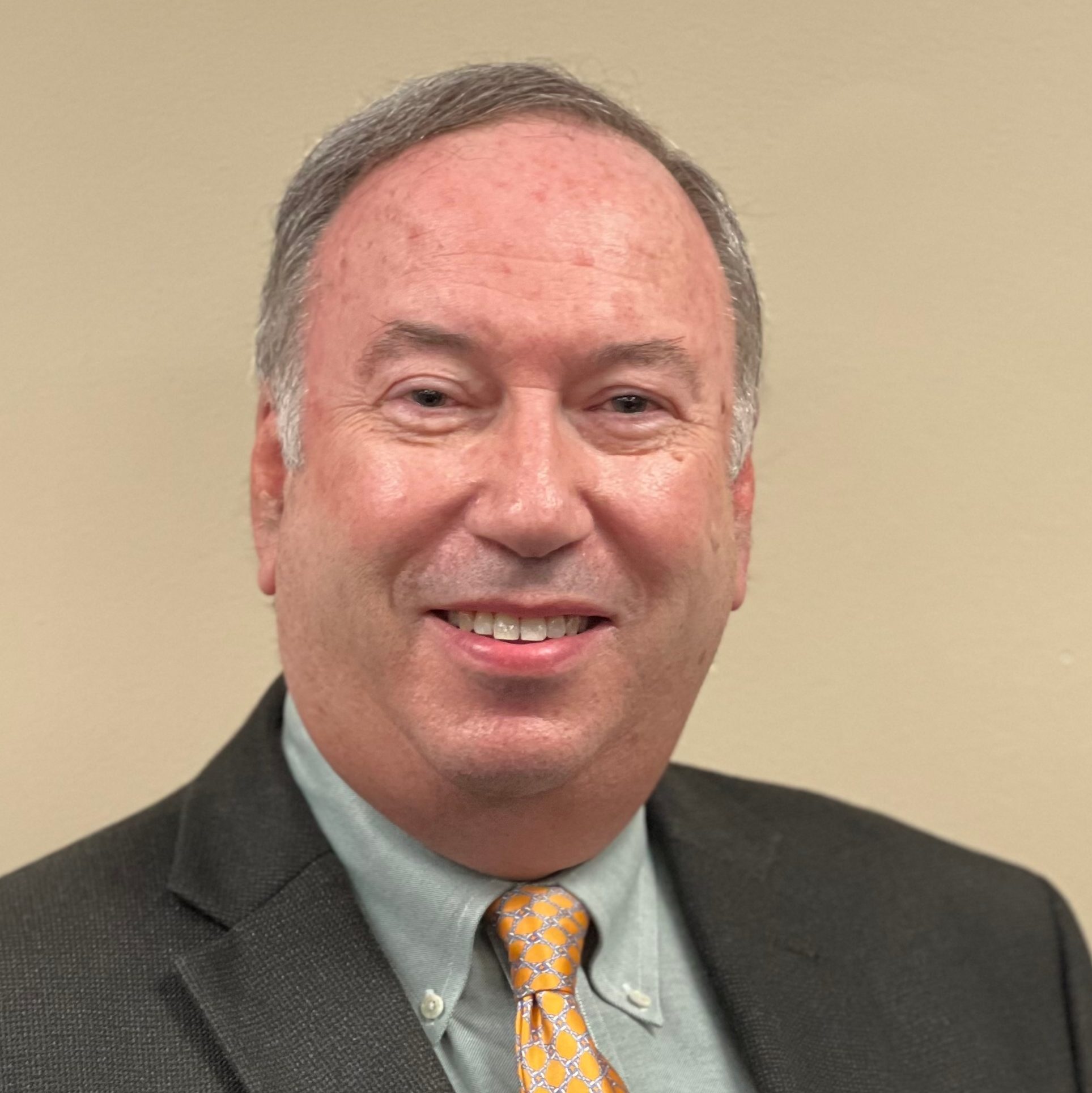
CFO, University of Illinois Hospital and Health System, Chicago, Illinois

Executive vice president and CFO, GBMC Healthcare, Baltimore, Maryland

Vice president, finance, St. Mary’s Medical Center, Grand Junction, Colorado
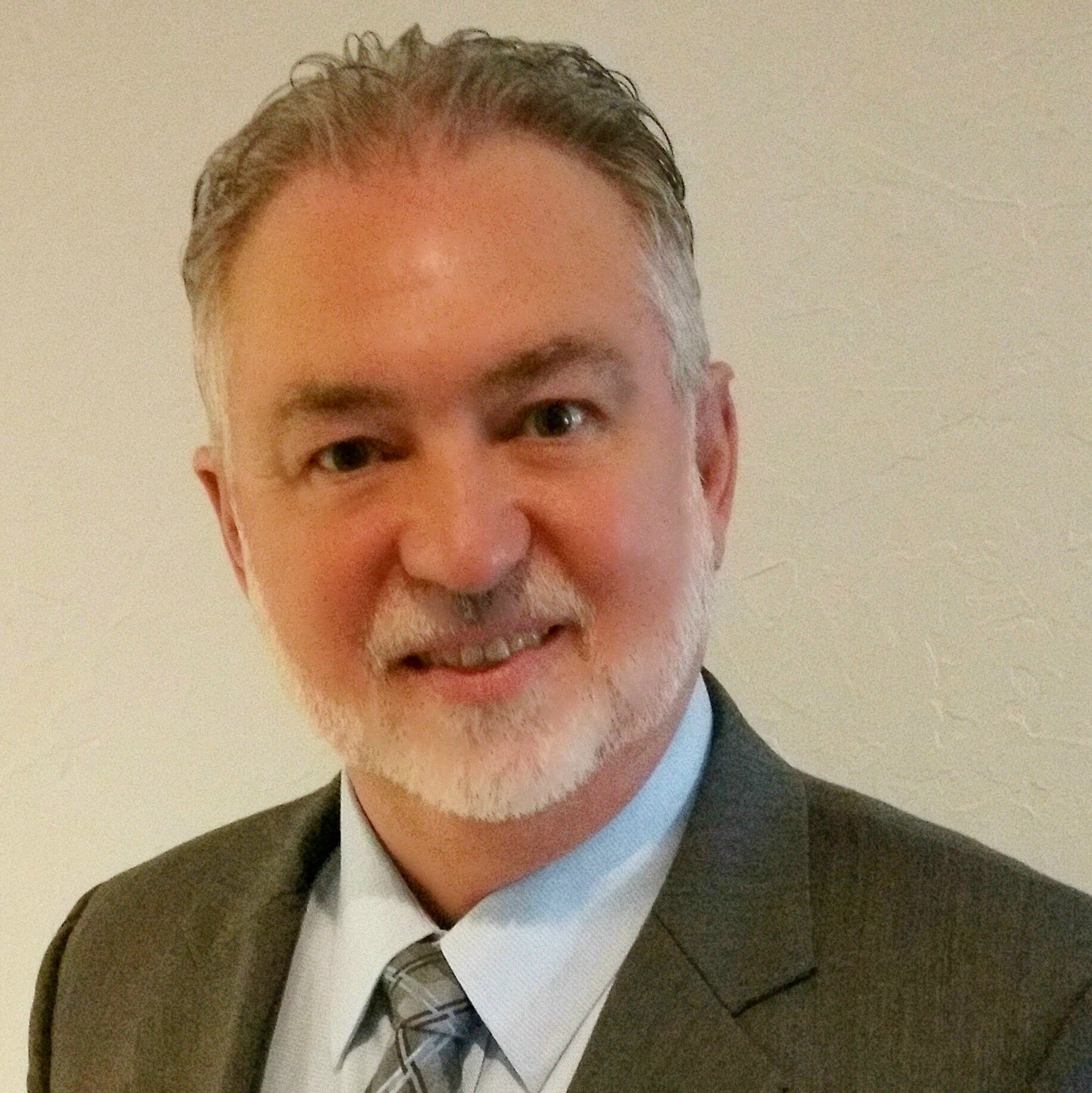
CFO, San Gorgonio Memorial Hospital, Banning, California
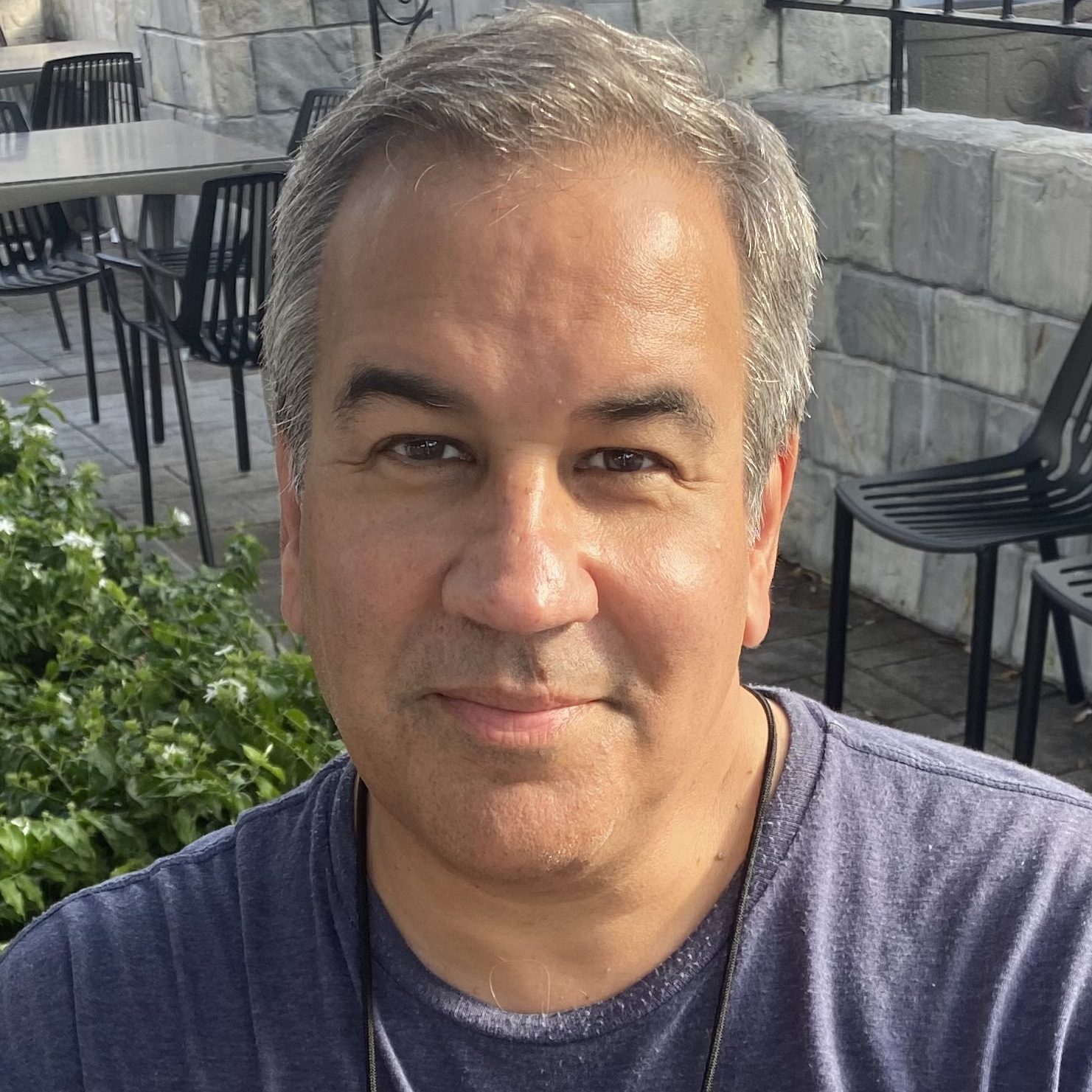
Vice president and CFO, Springhill Medical Center, Mobile, Alabama

CFO and system vice president of finance, Dartmouth Hitchcock, Lebanon, New Hampshire
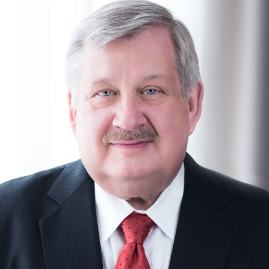
Executive vice president of finance (retired), treasurer and CFO, Cedars-Sinai Health System, Los Angeles, California
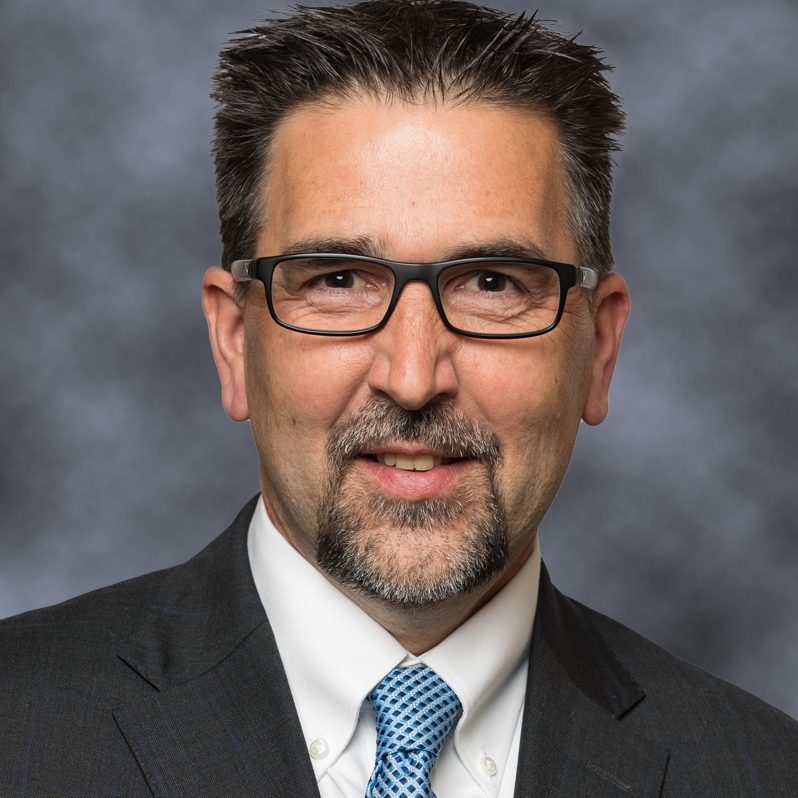
CEO, Columbia Memorial Hospital, Astoria, Oregon





